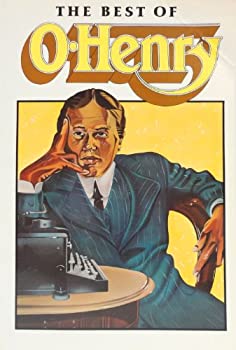SEPTEMBER 26, 2021 – Little imagination is required to grasp the paradox of AI: machines ruling their makers. Of course, this condition existed long before Bill Gates invented the computer or Al Gore, the internet.
Yet, while visiting our son Byron and his wife, Mylène, last month, my wife and I watched with amusement, the household cleaning machine working in servitude. Late each night, our hosts set loose their robotic vacuum cleaner—dubbed “Henri”—on the first floor of their house. While I stayed up late writing, “Henri,” a round device a little over a foot in diameter, riding low on wheels, and wearing a brush skirt around its perimeter, whirled across the floor, bumping into walls, furniture legs, and other inanimate objects. Each contact redirected the machine in a random pattern throughout the first floor of the house. By morning, all was clean.
I found “Henri’s” work unsettling, and before heading for bed myself, I ambushed the machine and stopped his infinite wanderings. This action did more than restore peace to the realm (“Henri” whirrs while he works). By way of a simple switch, I exercised total control over a machine.
But it seems that I had been sucked into a false sense of security by the robotic vacuum cleaner. Recently, a close friend told me quite a different story about another “Henri.” If I embellish a few details, the essence of the extraordinary tale as here told is true and proves, ironically, the paradox of our evolution.
It seems that friends of my friend live in a distinguished home, where all furnishings and appurtenances are of the highest quality. These include a collection of expensive oriental carpets with origins in sundry, exotic regions of the world. To help maintain standards of upkeep consistent with the caliber of their fixtures and trappings, the owners of this upscale dwelling had their own version of “Henri.” And just as Byron and Mylène do, the subject owners set their robot loose at night, just before they retire to sleeping quarters one level up.
It so happened that the esteemed couple also own a large dog, presumably trained in keeping with the high level of etiquette one would associate with life inside such a distinguished home. Like any large dog, this canine has a large appetite and rather large bowels. For reasons unclear to this writer, one night the dog decided—or, by some aberrational chow, was compelled—to violate its training. The result was one very large turd laid forth on the corner of a Persian rug. With “Henri” at work unsupervised, the reader can anticipate exactly what happened next.
For the next several hours, “Henri” transformed itself into a perpetual motion-manure-spreading machine.
Upon waking the next morning, the royal couple detected trouble in the air. They soon descended into a situation best described by two words, the first being “Oh” and the second followed by an exclamation mark.
Machines rule, it turns out, even when working hard in ostensible subservience.
(Remember to subscribe to this blog and receive notifications of new posts by email.)
© 2021 by Eric Nilsson
